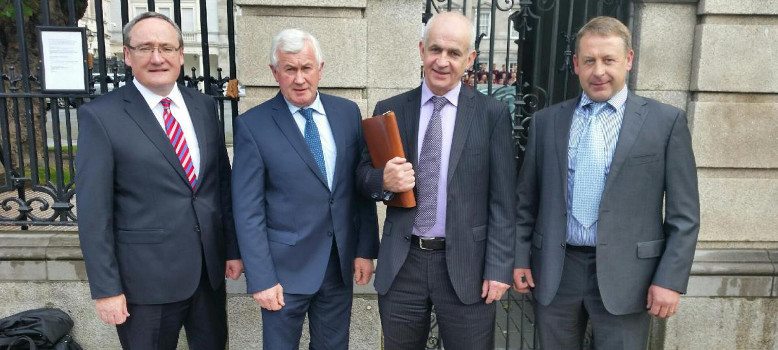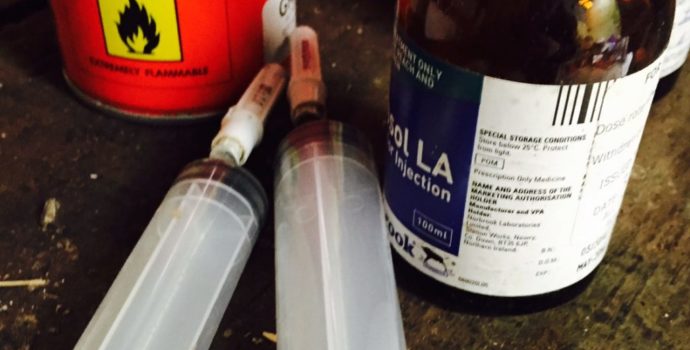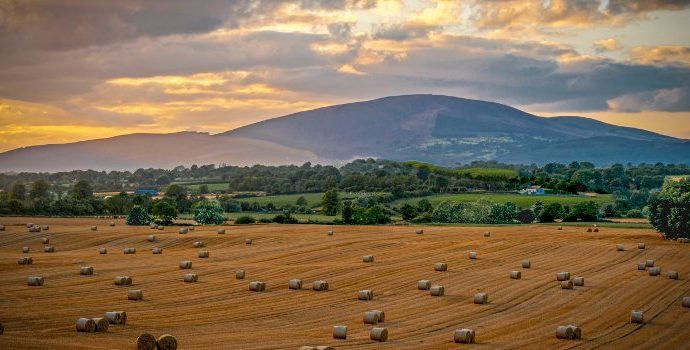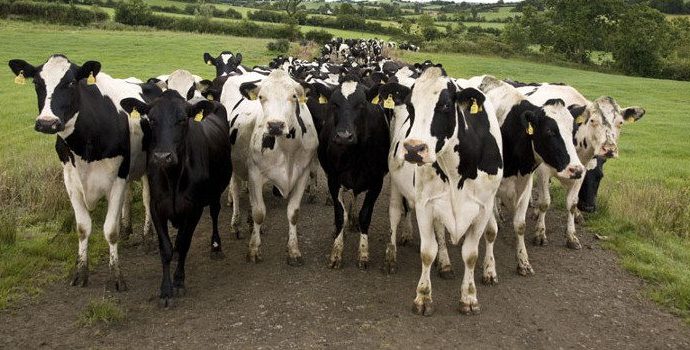IFA Outlines Case for Increased Support for the Sheep Sector to Dail Agriculture Committee

Addressing the Joint Oireachtas Committee on Agriculture this afternoon, IFA President Eddie Downey said there is a real need for increased direct support for the sheep sector from a combination of EU and National funds to maintain and grow the national flock. Support should be targeted at active producers.
Eddie Downey said with strong direct supports and a viable lamb price, the sheep sector can deliver for farmers and rural Ireland, especially in mountain and hill areas where other types of farming are not an option. He said 22 member states across the EU have introduced coupled payments for sheep in CAP.
“Through a combination of CAP and national funds there is a budget of €580m in the Rural Development Programme for 2015-2020. IFA worked hard to secure funds for the RDP. New schemes are being rolled out though GLAS, Knowledge Transfer, Beef Genomics and TAMS II. Sheep farmers are entitled to their fair share and access to these funds and schemes. IFA is insisting that sheep farmers get the best deal possible.”
IFA National Sheep Committee Chairman John Lynskey said to maintain the national sheep flock, the sheep sector requires targeted sheep specific payments to the equivalent of €20/ewe. He said IFA is demanding that Minister Coveney starts providing funding for this, with priority access to a number of the schemes and the allocation of €25m for a direct payment.
John Lynskey pointed out that for each €1 of output produced on sheep farms, due to the multiplier effect, an additional €1.33 of output is generated in the Irish economy and each €1 of support for sheep underpins €2.70 of aggregate output in the Irish economy, (Prof Alan Renwick, UCD, 2013).
John Lynskey said the sheep sector is deserving of strong support through a combination of CAP and national funds. The 2014 sheep census, showing a 38,000 decline in ewe numbers, and the 2014 Teagasc Farm Income Survey which shows an average sheep farm income of €14,500 per annum, point to a real need for strong action from Minister Coveney.
The IFA sheep farmers’ leader said flock owners must have priority access to the GLAS payment of up to €5,000 per annum. GLAS plans must be implemented in a flexible way to maximise participation among commonage farmers. The new Knowledge Transfer Programme must accommodate mixed cattle and sheep farms and Minister Coveney must reverse the decision to exclude sheep fencing from TAMS II.
Summary of the IFA Proposals for the sheep sector:
· Sheep specific payments equivalent to €20 per ewe targeted at active producers;
· Priority access to GLAS payments of €5,000 pa;
· Increased Knowledge Transfer payments for 10,000 flock owners;
· Strong TAMS II funding for sheep investments including sheep fencing;
. Reversal of the cuts to ANC payments (Disadvantage Area Payments);
· Government action to secure market access to new markets (China and USA);
· Independent research and strong advisory service from Teagasc;
· Increased promotions from Bord Bia and price premium for Quality Assurance Lamb; and,
· Strong sheep breeding programme from Sheep Ireland.
The sheep sector is very important with 34,000 farmers involved, strong export earnings (€220m), the very positive social and environmental contributions it makes in rural areas and particularly in remote areas and on the hills, where it is not possible to conduct any other type of farming enterprise. Total sheep meat production amounts to 58,000t per annum, and Ireland is the third largest exporter in the EU with exports of 46,000t. Our main markets are France, UK, Belgium, Germany, and Scandinavia.




